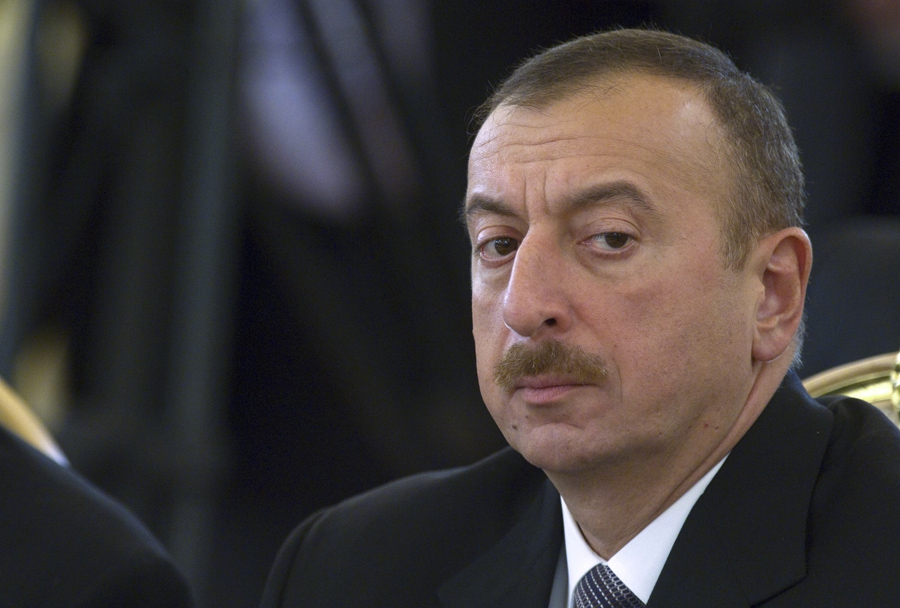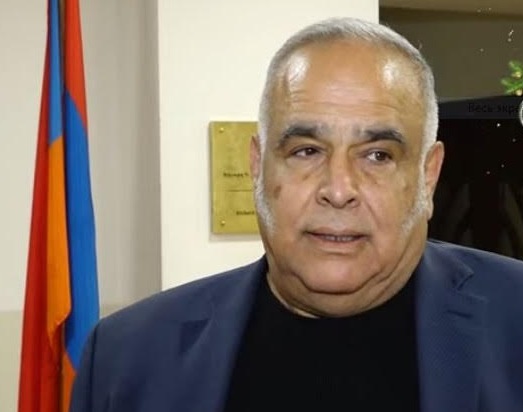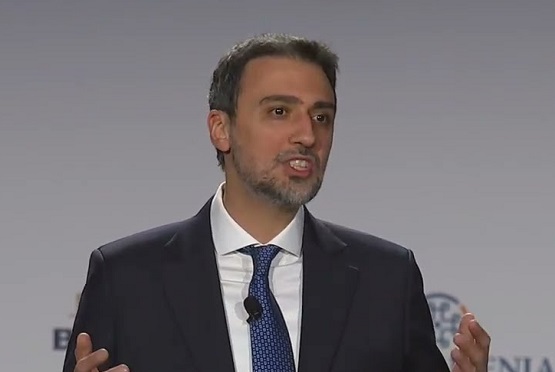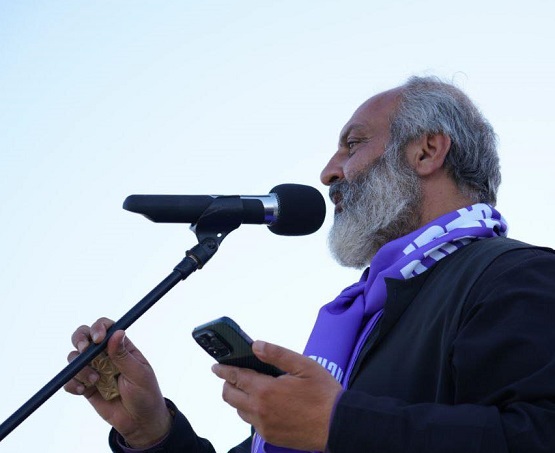By Harut Sassounian
Publisher, The California Courier
www.TheCaliforniaCourier.com
A major controversy has been brewing in Istanbul for several years among members of the Armenian community over plans to elect a new Armenian Patriarch.
The controversy has long historic roots and more recent complications which started with the terminal illness of Patriarch Mesrob Mutafyan who is unable to carry out his duties because of dementia.
When some members of the Istanbul Armenian community tried to elect a new Patriarch to replace the incapacitated Mesrob Patriarch, the Turkish government officially announced that as long as the existing Patriarch is alive, no new Patriarch can be elected. Even the request to elect a Coadjutor Patriarch was rejected by the Governor of Istanbul.
The Turkish government used the excuse that the Armenian community’s constitution of 1863 contained no such office as Coadjutor Patriarch. The problem was that the Turkish government had declared the constitution to be invalid several decades earlier. If the government was basing its decision on a defunct constitution, it meant that it was recognizing its validity. If the constitution is valid, then the community has the right to elect delegates who in turn could elect a new Patriarch. Regrettably, the Armenian community did not think of bringing this contradiction to the attention of the Turkish government!
We remember that Mesrob Patriarch also faced opposition from the Turkish government prior to his election in 1998. Eventually, he went to Ankara and “made a deal” with Turkish officials behind closed doors, which allowed him to be elected Patriarch. Soon after, he started promoting various Turkish causes, including going throughout Western Europe to advocate for Turkey’s membership in the European Union and several visits to the United States to make public appearances at the Turkish government’s request!
Earlier this year, some members of the Istanbul Armenian community decided to make another attempt to elect a new Patriarch motivated by their dislike of Archbishop Aram Ateshyan, Vicar General (“pokhanort”) of the Patriarchate, and their desire to have a full-fledged Patriarch. The problem was Abp. Ateshyan would not resign from his post, blocking the door for new elections.... After much pressure from Armenians locally and around the world, particularly by His Holiness Karekin II, Catholicos of All-Armenians in Etchmiadzin, Armenia, an agreement was reached for Abp. Ateshyan to resign and for the Primate of the Armenian Church in Germany, Abp. Karekin Bekjian to be elected as Locum Tenens (“deghabah”) to organize new Patriarchal elections.
Soon after this agreement, a group of prominent Istanbul Armenians formed a committee to initiate the Patriarchal elections, even though everyone in the community knew that the Turkish government was against such an election. As a matter of fact, while Abp. Bekjian was being elected as Locum Tenens, Abp. Ateshyan received a letter from the Governor of Istanbul informing him that the Turkish government does not recognize Abp. Bekjian’s election and continued to consider Abp. Ateshyan as the legitimate Vicar General. Unfortunately, Abp. Ateshyan presented the letter to the Initiating Committee only after they had elected Abp. Bekjian to his post. This episode increased the antagonism of those opposing Abp. Ateshyan and continued their support for Abp. Bekjian.
To resolve this dilemma, Abp. Bekjian wrote a letter to the Governor of Istanbul asking for a meeting. After waiting for 60 days for a reply, Abp. Bekjian flew to Germany to meet with Catholicos Karekin II during his visit there.
While Abp. Bekjian was out of Turkey, the Governor of Istanbul invited Abp. Ateshyan, Bishop Sahag Mashalian and the head of the Initiating Committee for a meeting. The timing was no coincidence. It was clear that the Governor did not want to meet with Abp. Bekjian, someone whose election he did not recognize!
The argument in the local Armenian community intensified between those who considered themselves to be realistic, acknowledging the Turkish government’s role in the Patriarchal elections, and those who rejected any interference by the Turkish government. The supporters of Abp. Ateshyan pointed out the uselessness of going against the wishes of the powerful Turkish government that had jailed thousands of opposition members and even defied major countries such as Germany and the United States. Furthermore, Abp. Ateshyan’s proponents indicated that if Catholicos Karekin II could intervene in the elections of the Istanbul Patriarchate, an autonomous branch of the Armenian Church, then it would be understandable, no matter how undesirable, that the President of Turkey would have the right to interfere in elections held in his own country.
To make matters worse, before Abp. Bekjian returned from Germany, five members of the Initiating Committee had resigned after meeting with the Governor of Istanbul. The rest of the committee members wanted to wait until Abp. Bekjian’s return before making a decision.
Following Abp. Bekjian’s arrival in Istanbul, after consulting with the Initiating Committee, he announced that he would write a letter to the Turkish Minister of Interior, asking for a one-on-one meeting. Defying Istanbul Governor’s clear instructions, Abp. Bekjian continued to remain in his post.
Abp. Bekjian’s intent to meet privately with the Minister of Interior is fraught with pitfalls. As was the case with Patriarch Mesrob, Abp. Bekjian could make a private deal with the Minister, pledging to carry out the Turkish Government’s instructions henceforth. During his tenure as Primate of Germany, Abp. Bekjian had spoken out periodically about the Armenian Genocide.
Abp. Bekjian’s other option would be to resign from his post, opening the door for Abp. Ateshyan to be elected Patriarch, which would be against the wishes of the majority of the local Armenian community, but complying with the preference of the Turkish government!












